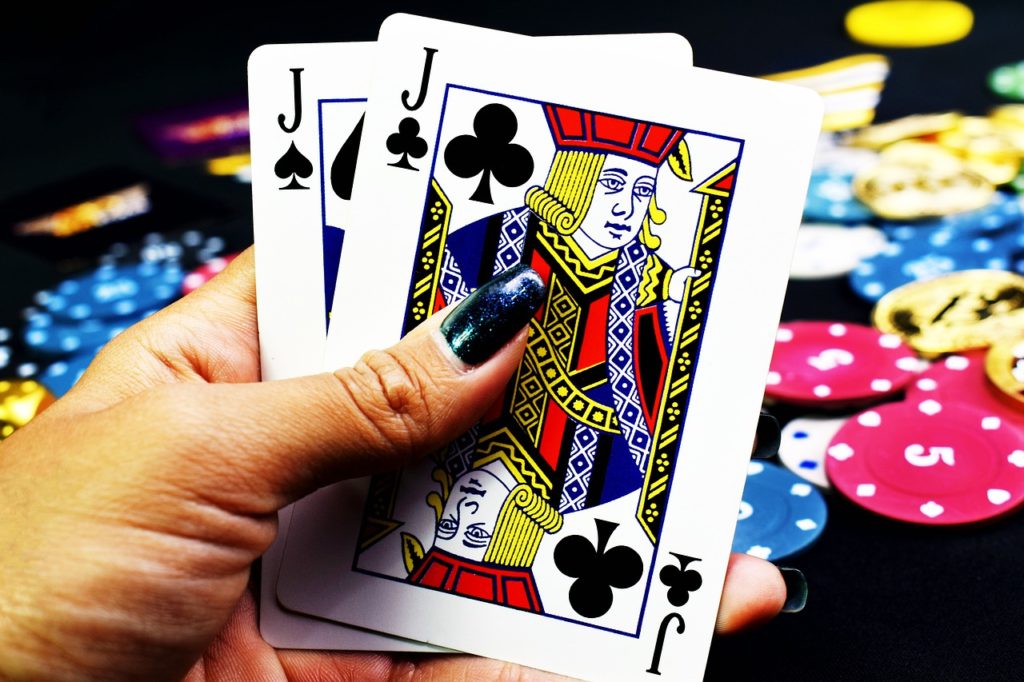Poker AI Pluribus Defeats Pros at Texas Hold’em
Whether it be online or at a casino, the next time you are at a poker table the biggest competition may not be from the colorful characters sitting across from you. Two scientists have recently created an algorithm that was able to best some of the world’s top poker players at Texas Hold’em.
Meet Pluribus. It’s artificial intelligence that will send you home broke after a friendly game of poker. It recently was able to outplay professional poker players in a six-player no-limit game of Texas Hold’em.
These players weren’t your cousin who claims to be a pro after a few nights in Vegas. Each human had won more than $1 million playing poker. The game lasted about 10,000 hands and for every 100 hands, the poker AI was able to win on average about $480 from its human opponents.
Pluribus Adjusts Poker Strategy in Real-Time
Pluribus was created by Noam Brown, a research scientist at Facebook and Tuomas Sandolm, a computer scientist at Carnegie Mellon. They recently released the results in a paper titled “Superhuman AI for multiplayer poker”
Pluribus learned poker by playing against copies of itself over eight days. It was able to experiment and alter its strategy based on observing what worked and what didn’t.
Initially, Pluribus creates a blueprint strategy for the entire game offline. Then once the game starts, the poker AI alters the strategy in real time to adapt to how the game is progressing and what other players are doing.

Major Milestone in Gaming AI
What makes Pluribus a major milestone is that it achieved dominance in a constantly changing game that involved hidden information and more than two players. The AI was able to imagine several moves ahead and decide what to do based on those hypothetical futures and different strategies that players could adopt. Previously, most AI gaming milestones have been for two-player zero-sum games.
“Most real-world strategic interactions involve hidden information and more than two players. Pluribus’s success shows that despite the lack of known strong theoretical guarantees on performance in multiplayer games, there are large-scale, complex multiplayer imperfect-information settings in which a carefully constructed self-play-with-search algorithm can produce superhuman strategies,” Brown and Sandholm stated in the paper.
Poker AI Could Be Applied to Other Applications
While you may not see a robot sitting in a poker room anytime soon, the research could help lead to better AI in more complex applications. For example, in a game like Civilization, the computer opponent could be trained to more realistically react and adjust its strategy over time based on how the session is progressing and what human players are doing. The algorithm could also be applied to strategic reasoning technologies outside of gaming in industries like investment banking, conservation, security, and medicine.
Additional Sources: Newsweek
Check out our articles on AI lawyers and robot that can reproduce your handwriting.

